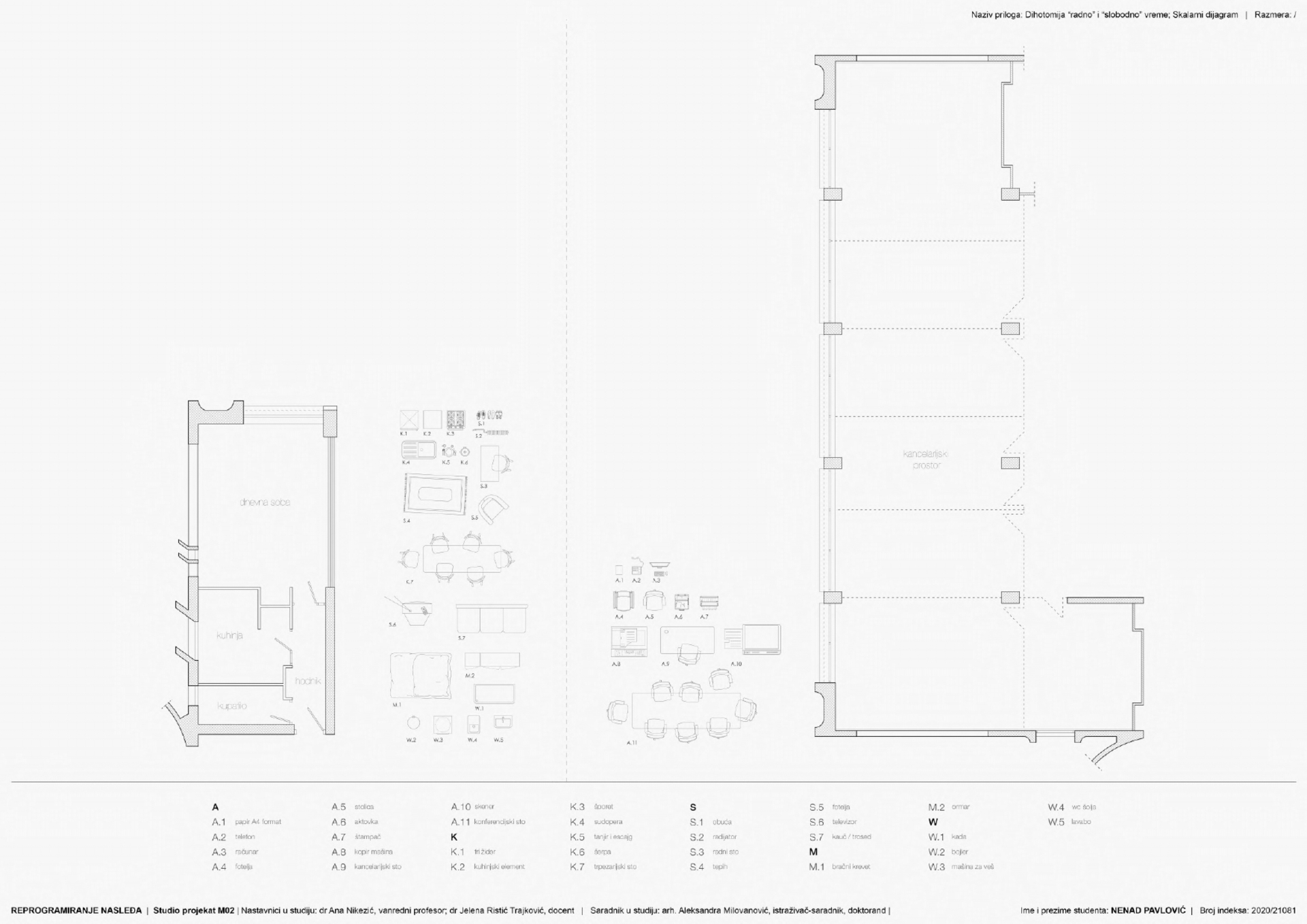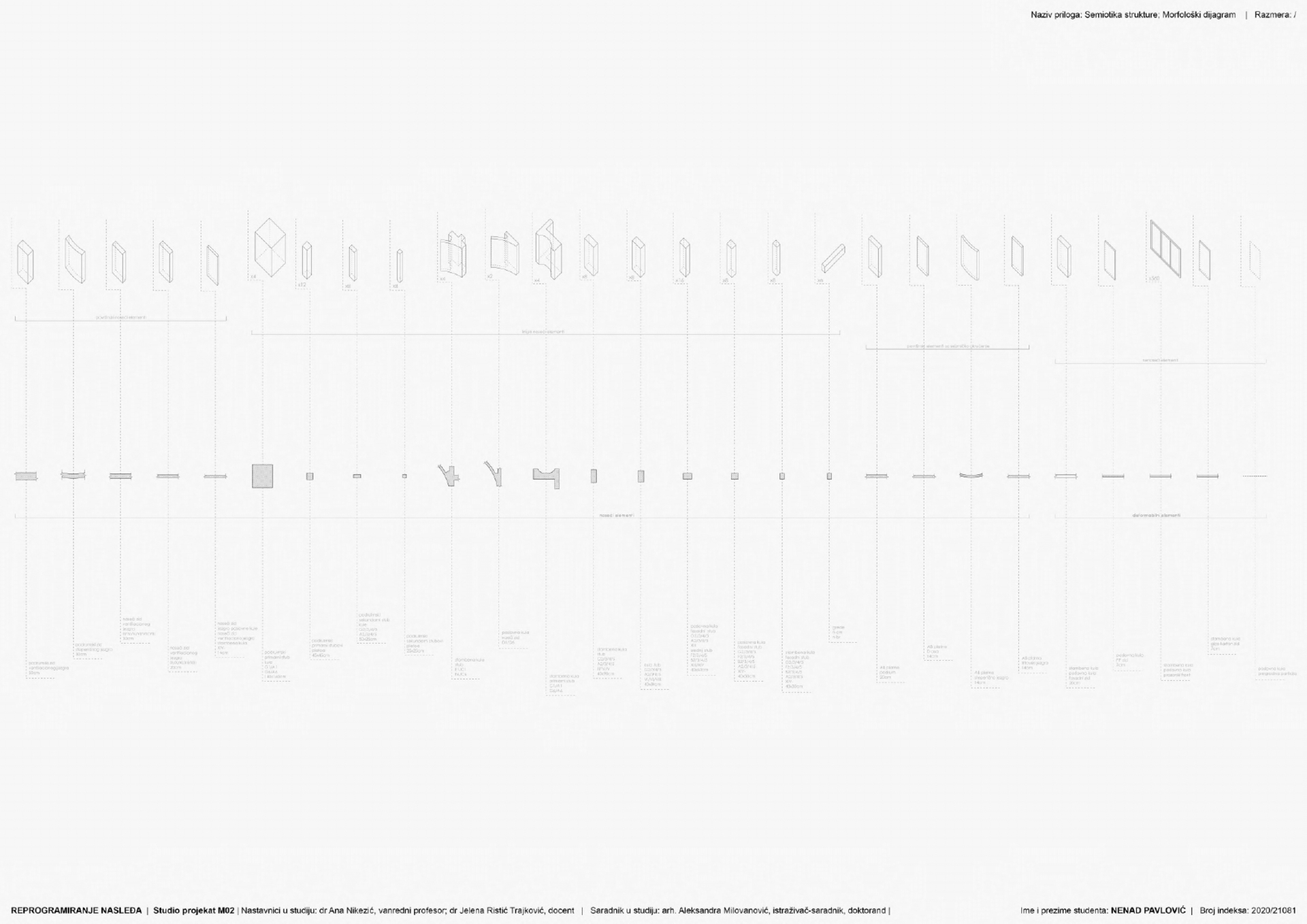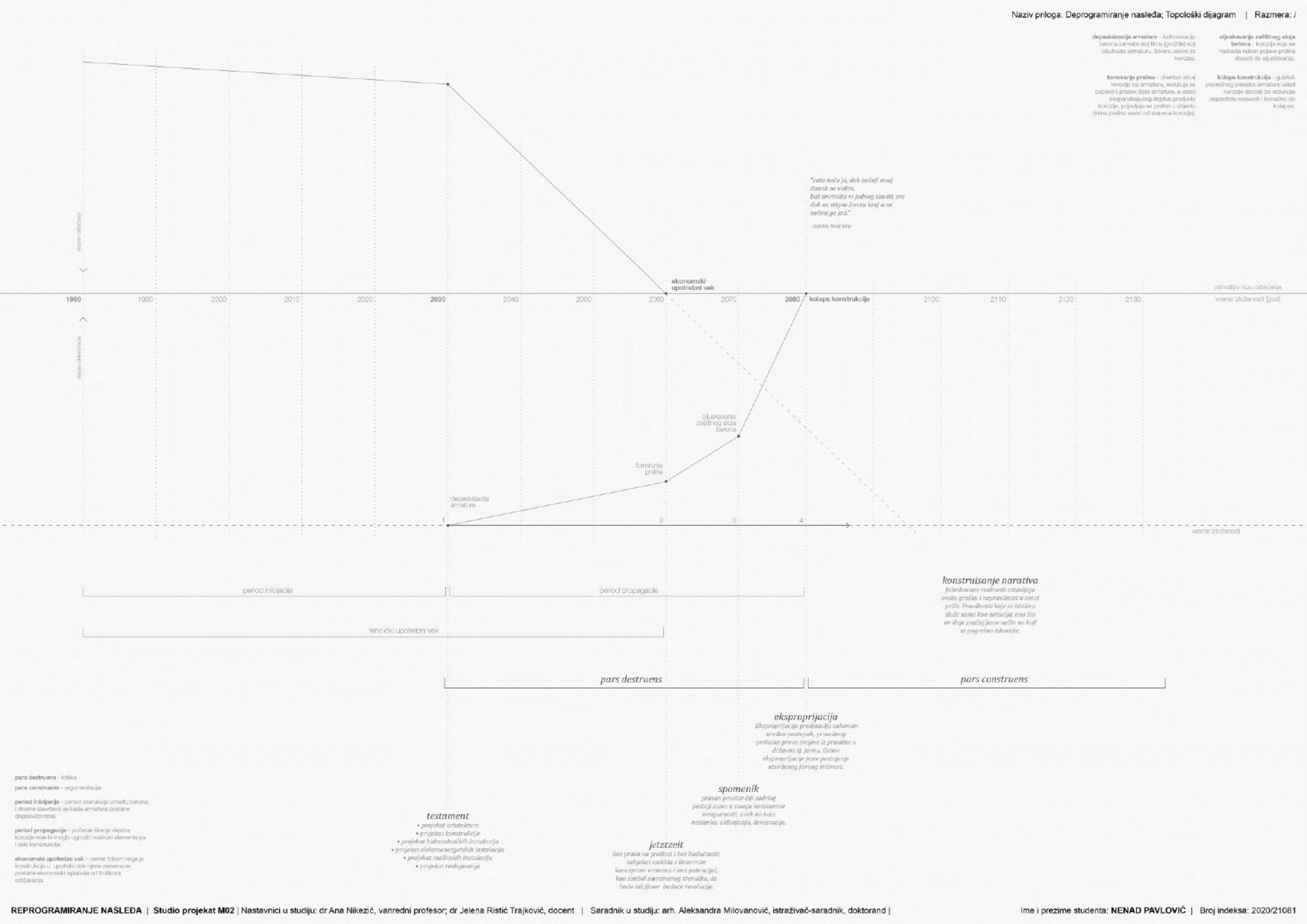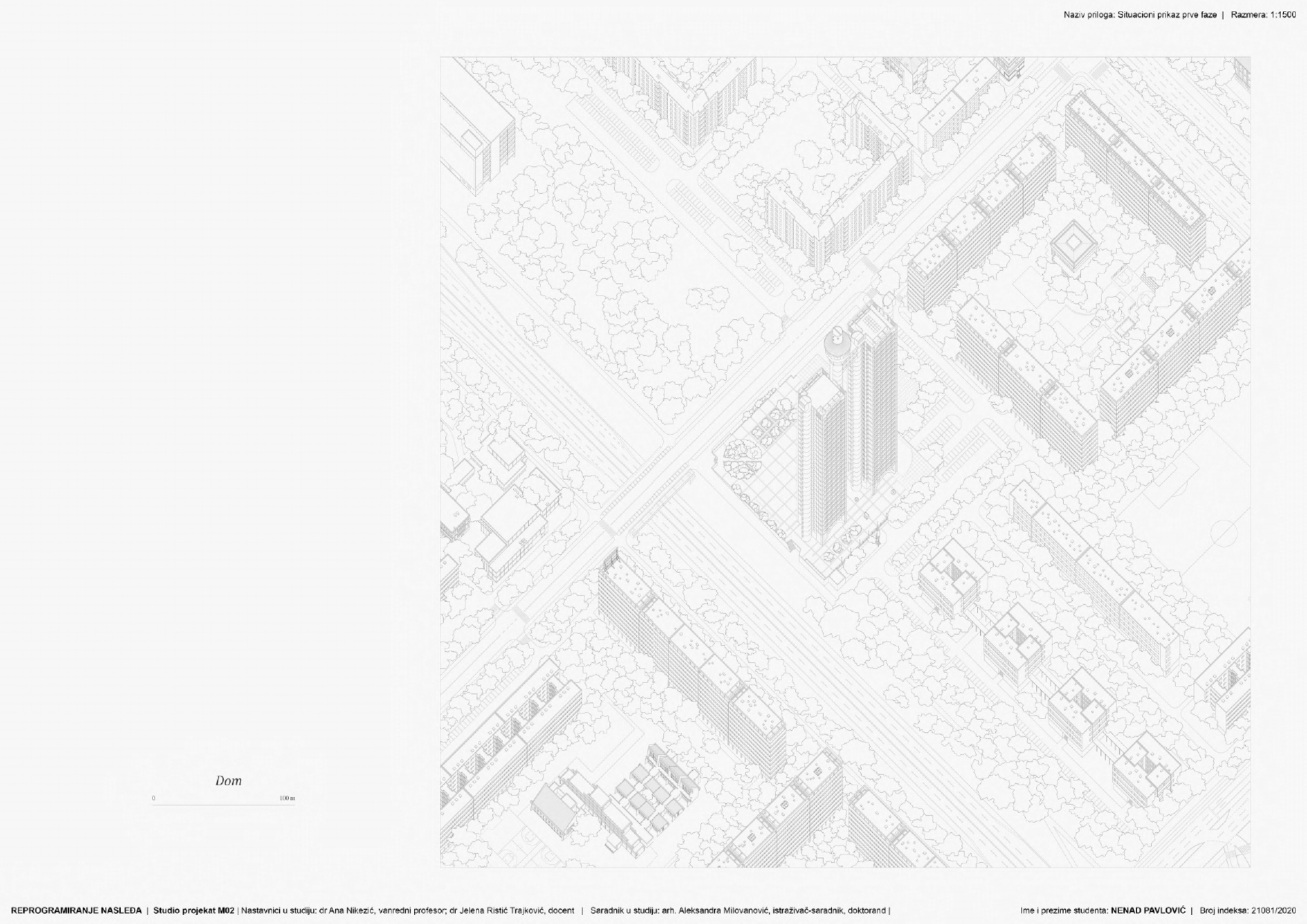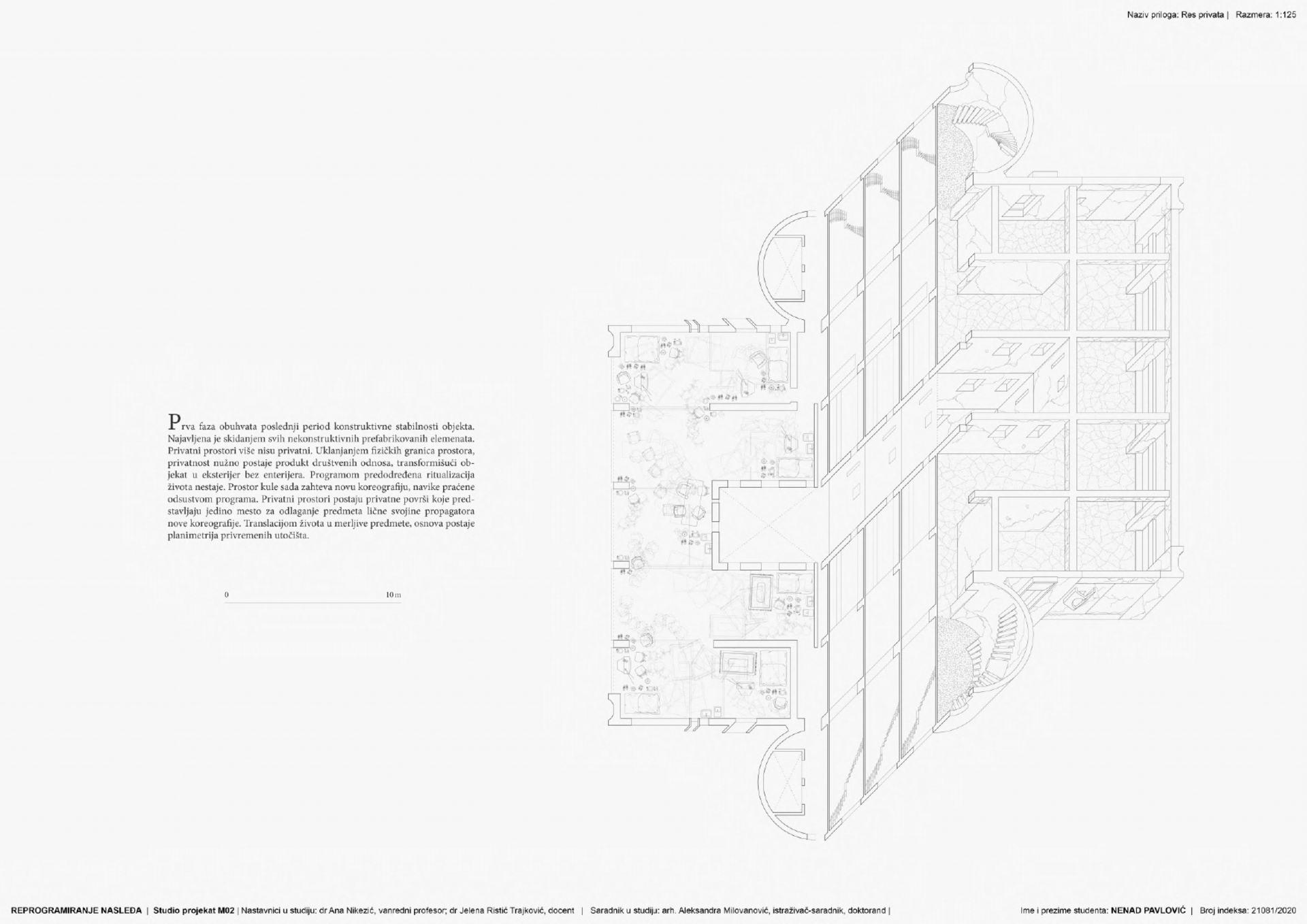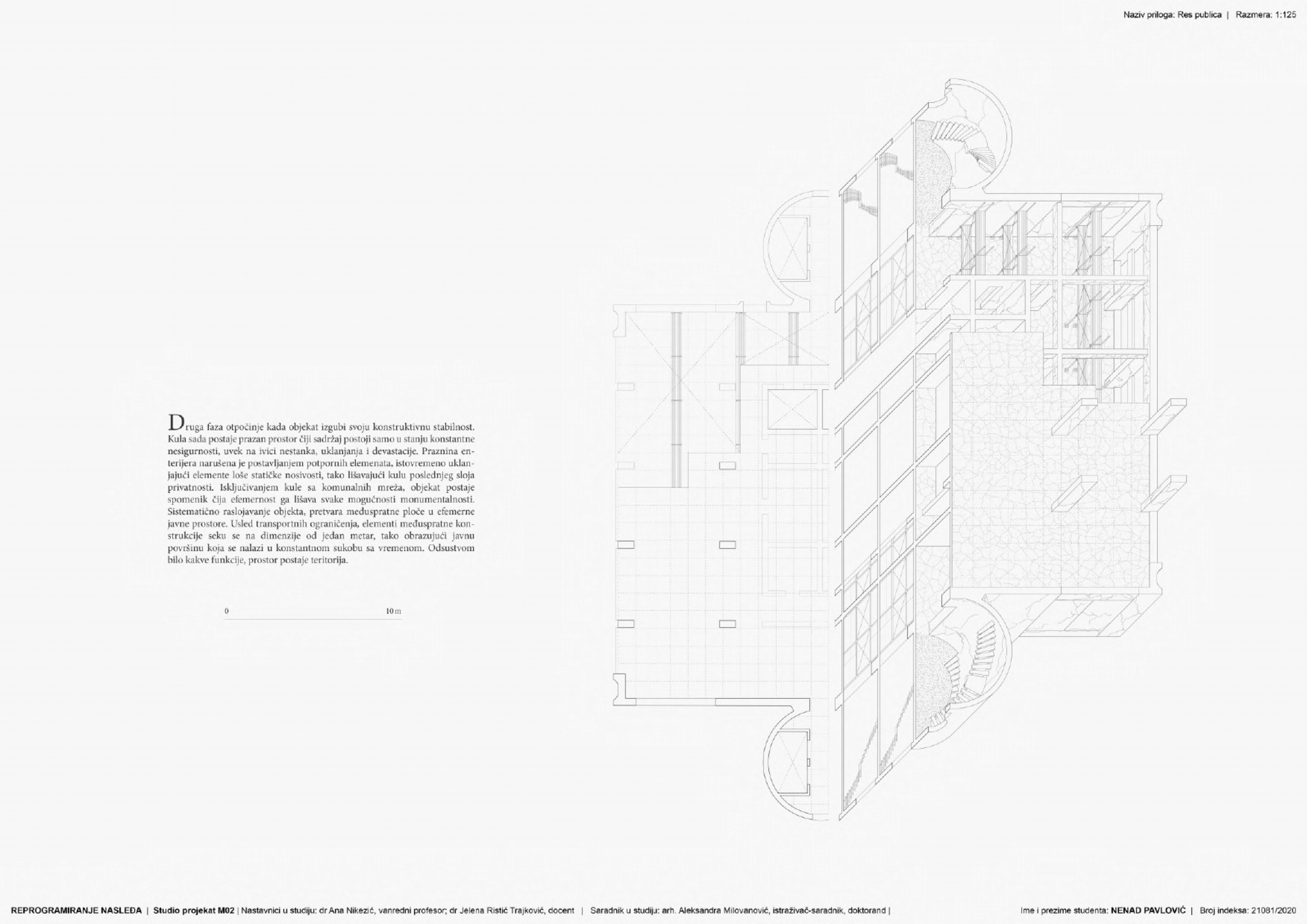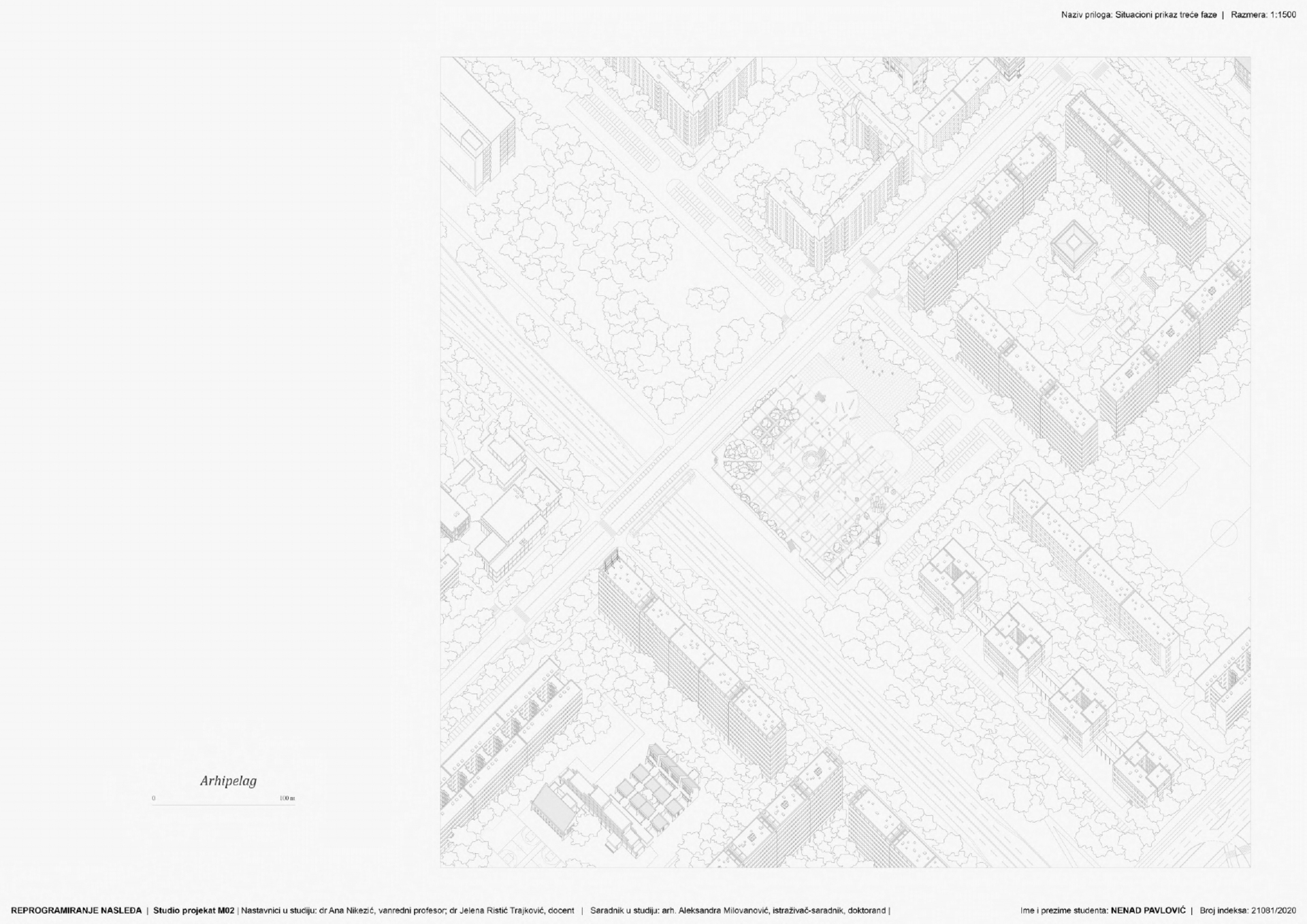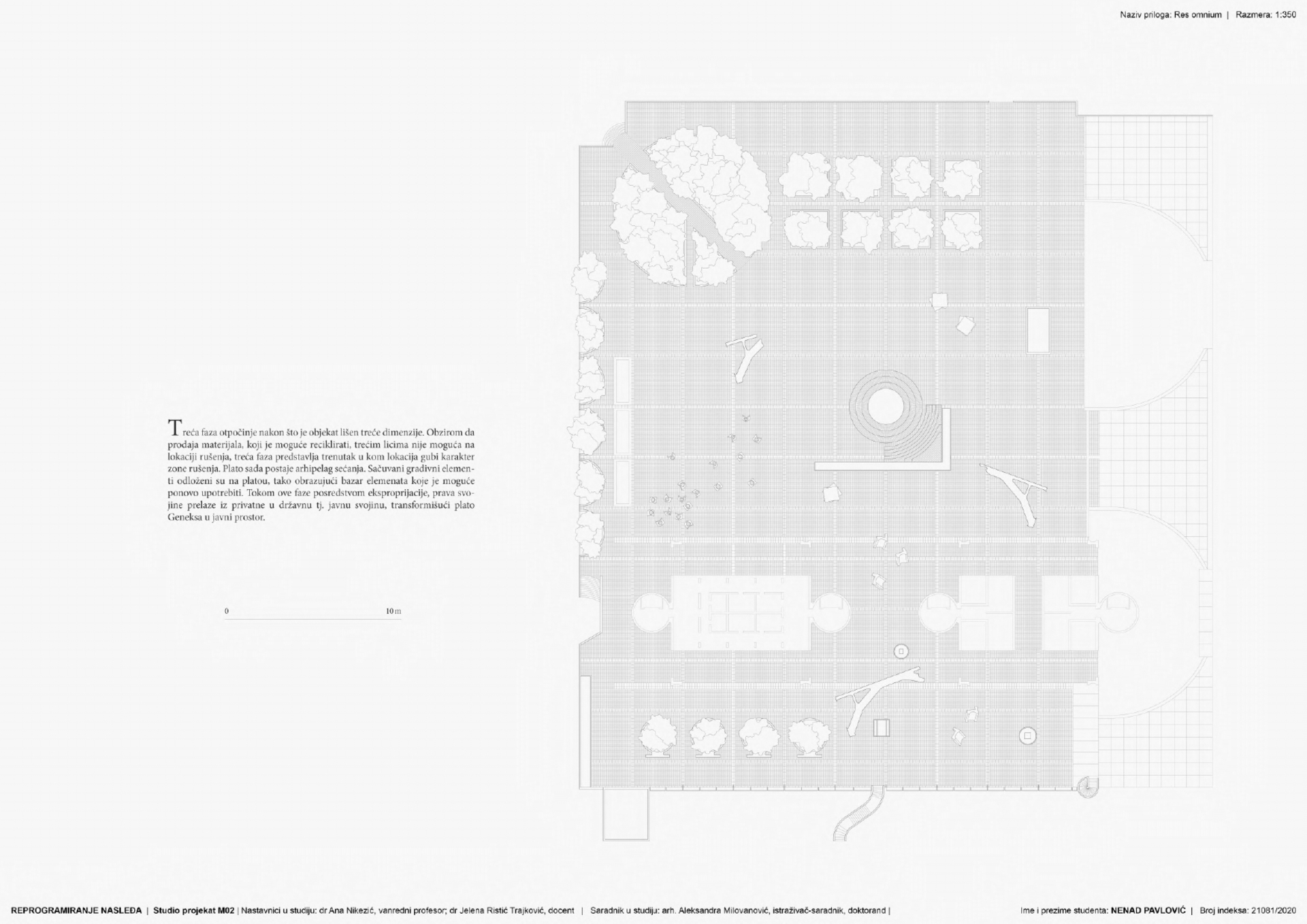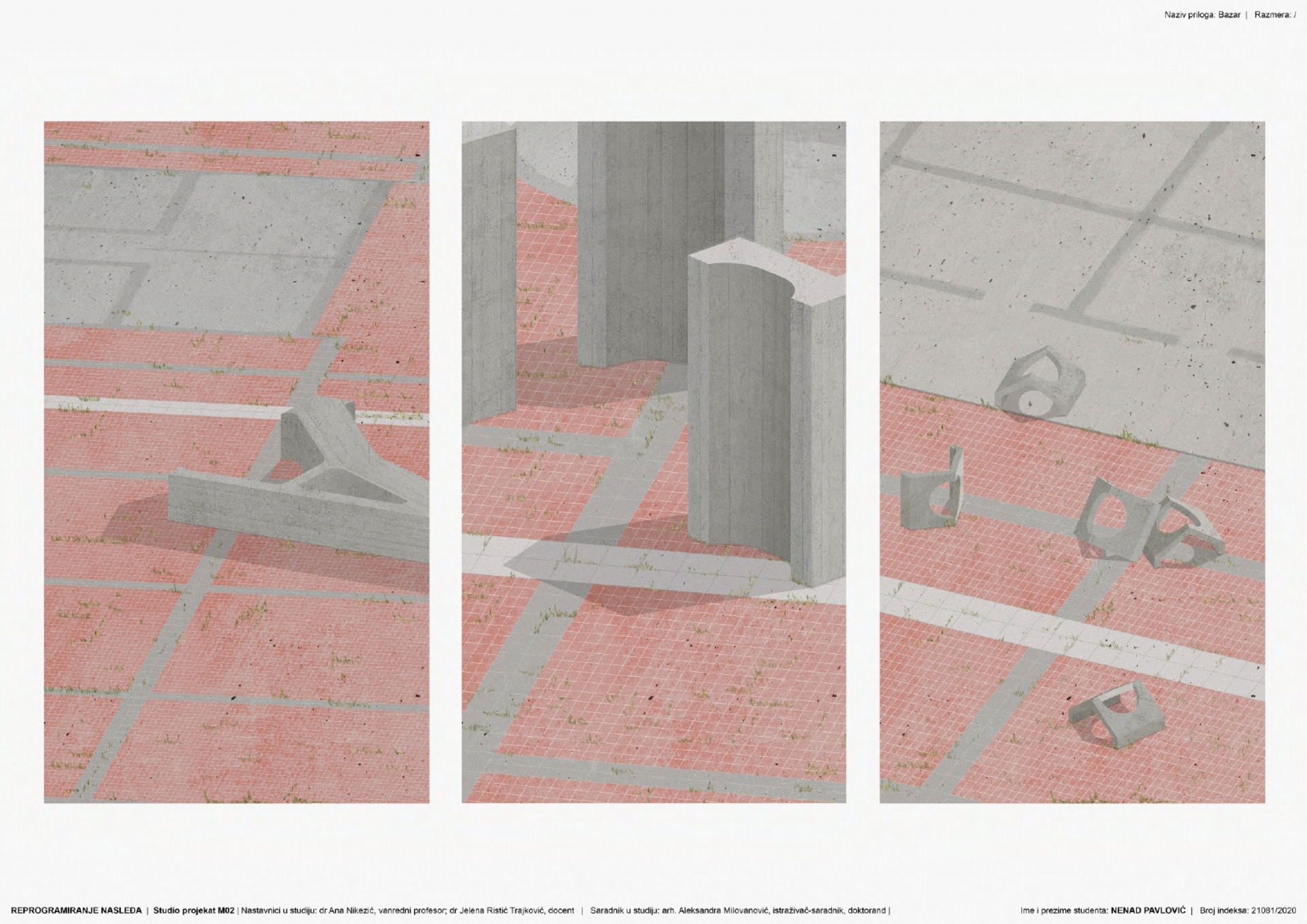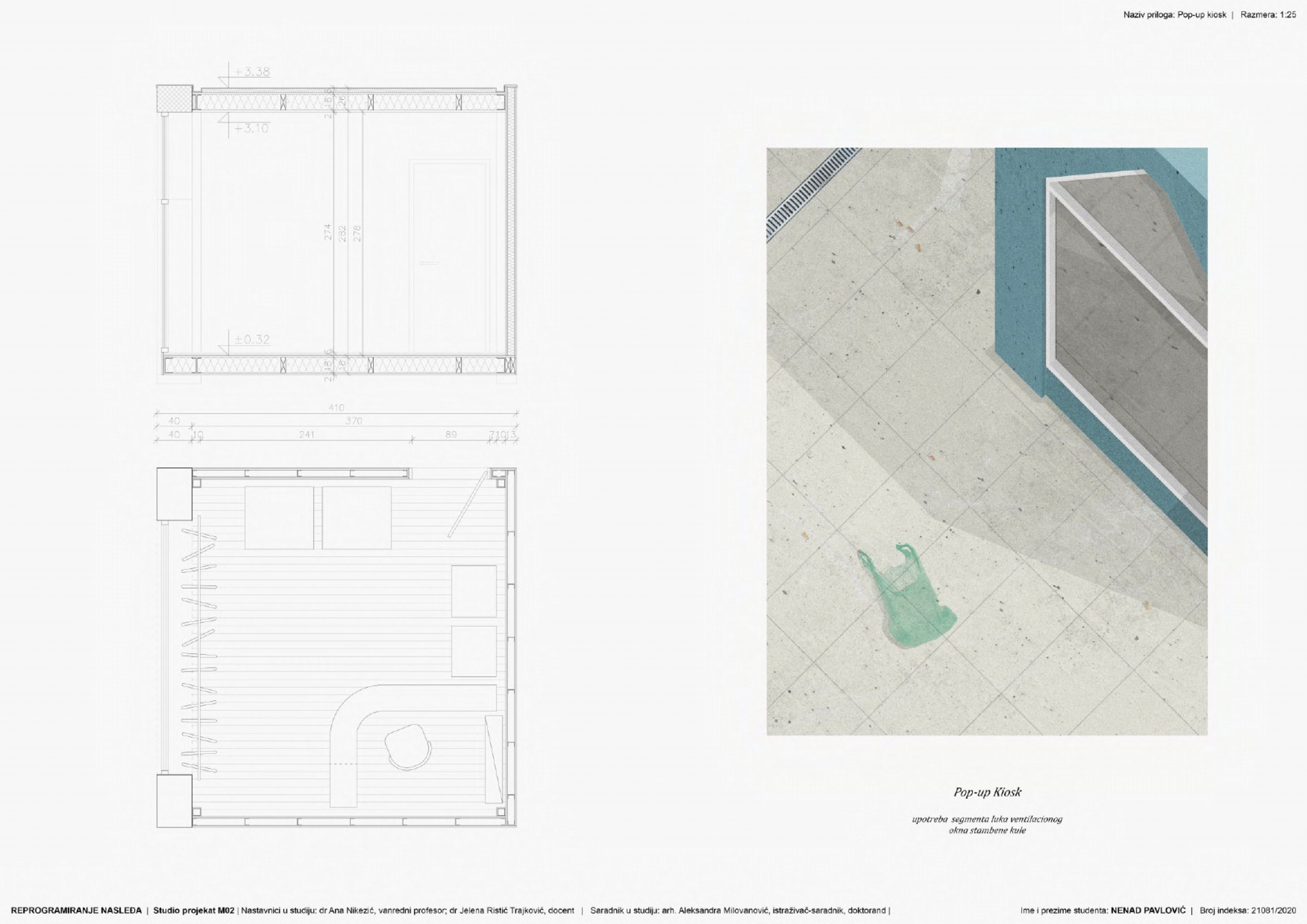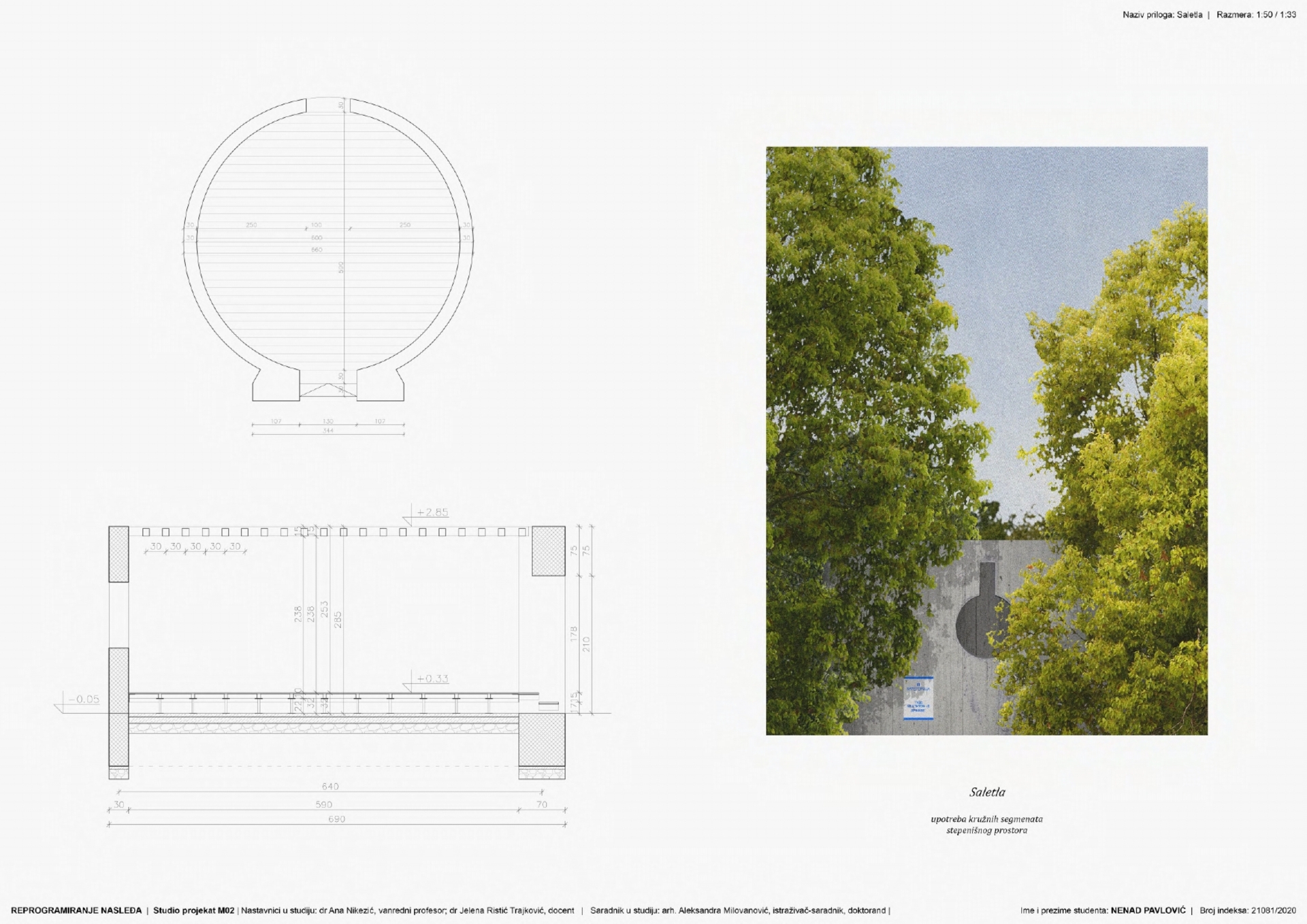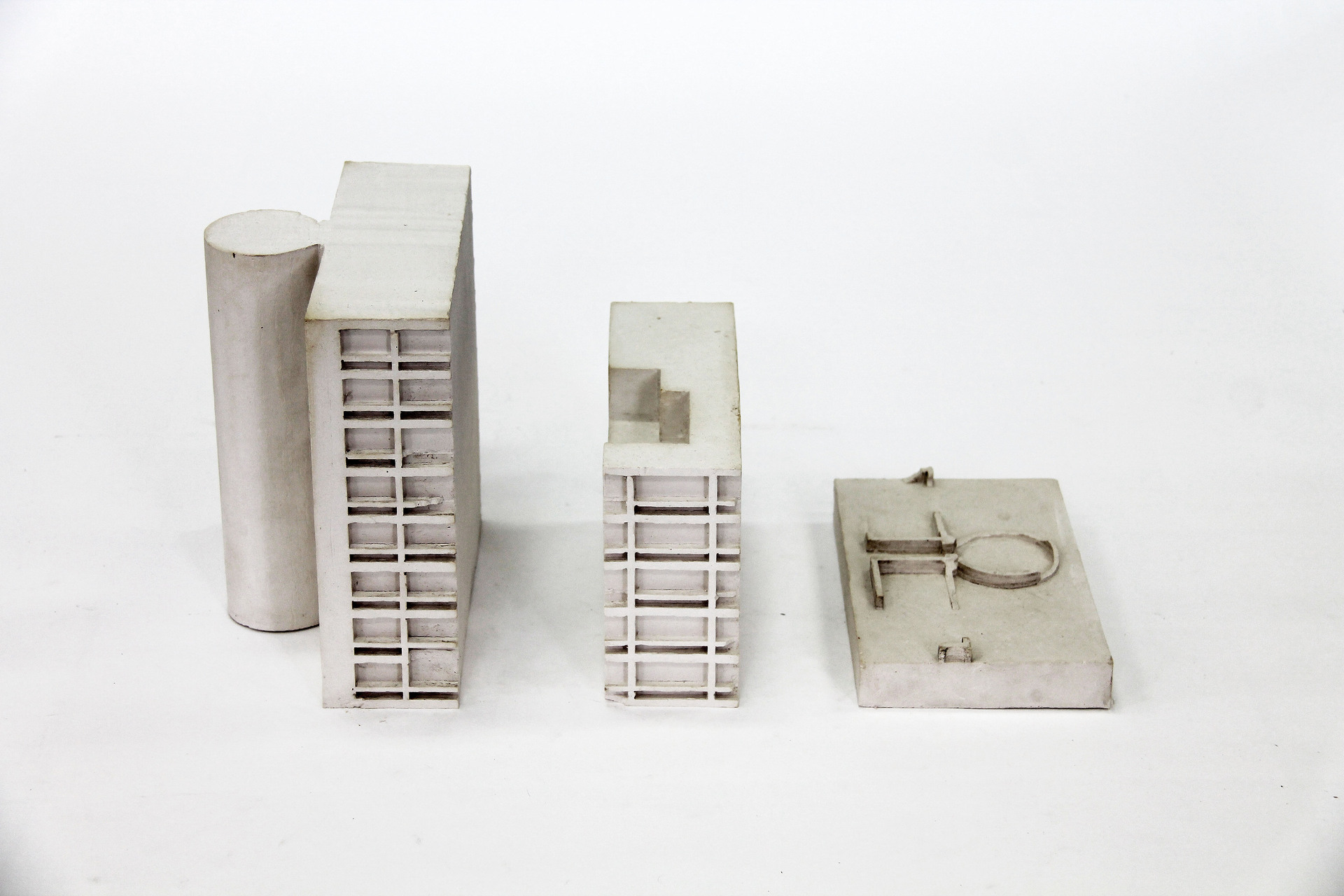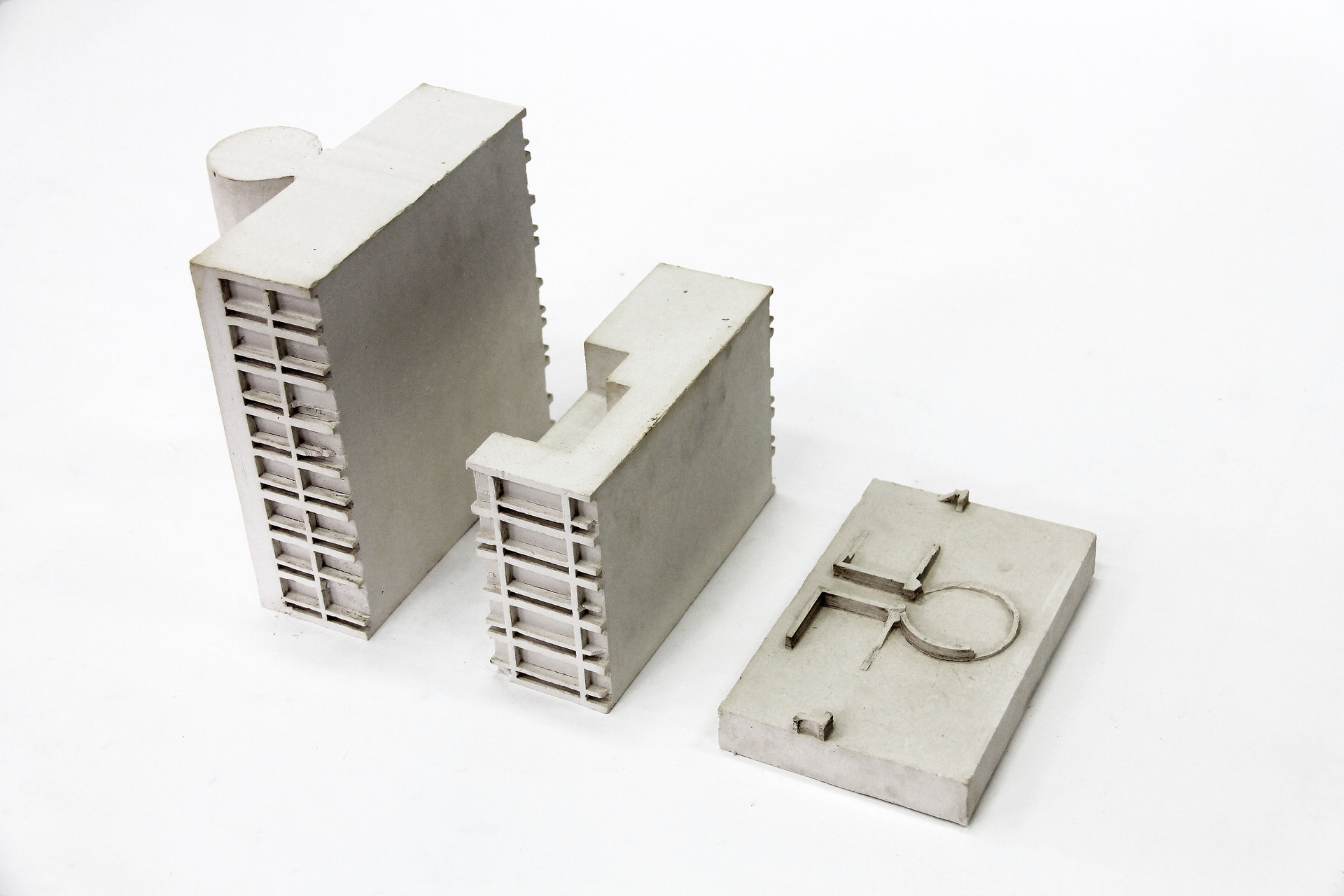Nenad Pavlović
HERITAGE REPROGRAMMING – LEISURE CULTURE
The studio work focuses on the search for formats of leisure culture and their programmatic articulation in modern architectural and urban typologies. Through multiscalar and problem-based research, we will look for architectural programs that can generate a sustainable technology of everyday life. The goal is to empower students using design methods for the modern reprogramming of heritage through work on the spatial scope of the West Gate of Belgrade. In this project, architecture will not be the ultimate goal, but a means of questioning the present and building the future, thus opening a range of broader critical topics such as urban narratives, identities and formats, as well as the economic, ethical, social and spatial values of cultural practices in the city. The theoretical part of the course develops through active discussions and critical reflection on the key concepts and phenomena that determine the assignment: leisure culture, urban generator, the environmental-behavioral paradigm of modern city life. The role and position of architecture as an instrument that generates various forms of social interaction are explored. Particularly, sustainable design strategies for reprogramming heritage in the modern city are studied. Practical lessons are based on research through the project, relying on the “place-based” methodology that observes a specifically chosen space as a holistic phenomenon. First of all, the programmatic and spatial framework of contemporary leisure culture will be examined. Then, a framework for redefining the city-leisure-man relationship will be formed. In the end, the subject of the project will involve the spatial interpretation of the previous two steps through a conceptual architectural solution. The work in the studio will be formally and thematically linked to the implementation of the international project “Enhancing of Heritage Awareness and Sustainability of Built Environment in Architectural and Urban Design Higher Education” (HERSUS) within the ERASMUS + Program, Strategic Partnerships in Higher Education (KA203), for which the University of Belgrade is the leading institution, and the Faculty of Architecture is the project implementer.



